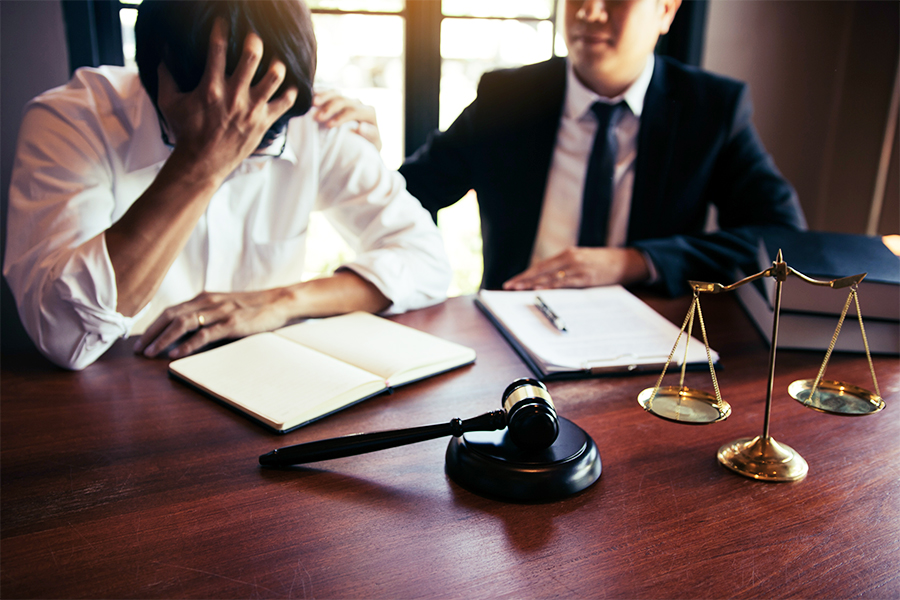Personal injury cases are often complex, and one of the key elements that must be established is liability. Proving liability is crucial to securing compensation for your injuries and losses. This article provides valuable insights into how to prove liability in a personal injury case, covering various aspects of the process.
Understanding Liability in Personal Injury Cases
Liability in personal injury cases refers to the legal responsibility of the party at fault for the accident and the resulting injuries. Proving liability involves demonstrating that the defendant’s actions or negligence caused the accident, which, in turn, led to your injuries. To successfully prove liability, consider the following steps:
1. Gathering Evidence
Collecting evidence is a fundamental step in proving liability. This evidence can include photographs of the accident scene, witness statements, accident reports, and medical records. The more documentation you have, the stronger your case becomes.
2. Establishing Negligence
To prove liability, you must establish that the defendant acted negligently. Negligence generally involves showing that the defendant failed to act with the reasonable care that a prudent person would exercise in a similar situation. This may involve demonstrating that the defendant:
- Violated a duty of care: Show that the defendant owed you a duty of care, such as following traffic laws or maintaining safe premises.
- Breached the duty of care: Prove that the defendant failed to uphold this duty of care through their actions or inactions.
- Caused the injury: Establish a direct link between the defendant’s breach of duty and your injuries.
3. Using Expert Witnesses
In complex cases, expert witnesses can play a crucial role in proving liability. Expert witnesses, such as medical professionals or accident reconstruction specialists, can provide testimony that supports your claims and helps establish the defendant’s negligence.
4. Assessing Comparative Fault
In some personal injury cases, the plaintiff may share some level of responsibility for the accident. Many states follow a comparative fault system, where damages are apportioned based on each party’s degree of fault. Proving the defendant’s greater fault is essential to secure a higher compensation amount.
1. Can I prove liability in a personal injury case without a lawyer?
While it is possible to pursue a personal injury case without an attorney, it is generally not advisable. Personal injury law can be intricate, and insurance companies often have legal teams working to minimize payouts. An experienced attorney can help gather evidence, navigate the legal process, and negotiate with the insurance company on your behalf, significantly improving your chances of proving liability and obtaining fair compensation.
2. How long do I have to file a personal injury claim to prove liability?
The statute of limitations, which varies by state, dictates how long you have to file a personal injury claim. Missing the deadline can prevent you from pursuing your case, regardless of how strong your evidence is. Consult with an attorney as soon as possible to ensure you meet all relevant deadlines.
3. What types of damages can I claim in a personal injury case?
In a personal injury case, you can typically claim various types of damages, including medical expenses, lost wages, pain and suffering, property damage, and more. The specific damages you can claim depend on the circumstances of your case and the laws in your jurisdiction.
4. Do I need eyewitnesses to prove liability in a personal injury case?
While eyewitness testimony can be valuable in proving liability, it is not always necessary. Other forms of evidence, such as photographs, medical records, and expert testimony, can also be used to establish negligence and prove liability. It’s essential to consult with an attorney to determine the best approach for your specific case.
5. Can I settle a personal injury case out of court?
Yes, many personal injury cases are resolved through out-of-court settlements. These settlements can be faster and less expensive than going to trial. However, it’s crucial to consult with an attorney before accepting any settlement offers, as they can help ensure that the offer adequately compensates you for your injuries and losses.
In Conclusion
Proving liability in a personal injury case is a critical step toward obtaining the compensation you deserve for your injuries and losses. By gathering evidence, establishing negligence, and, if necessary, using expert witnesses, you can build a strong case. Remember to consult with an experienced attorney to navigate the legal complexities and increase your chances of a favorable outcome. Understanding the legal process and the importance of proving liability can make a significant difference in the success of your personal injury case.







